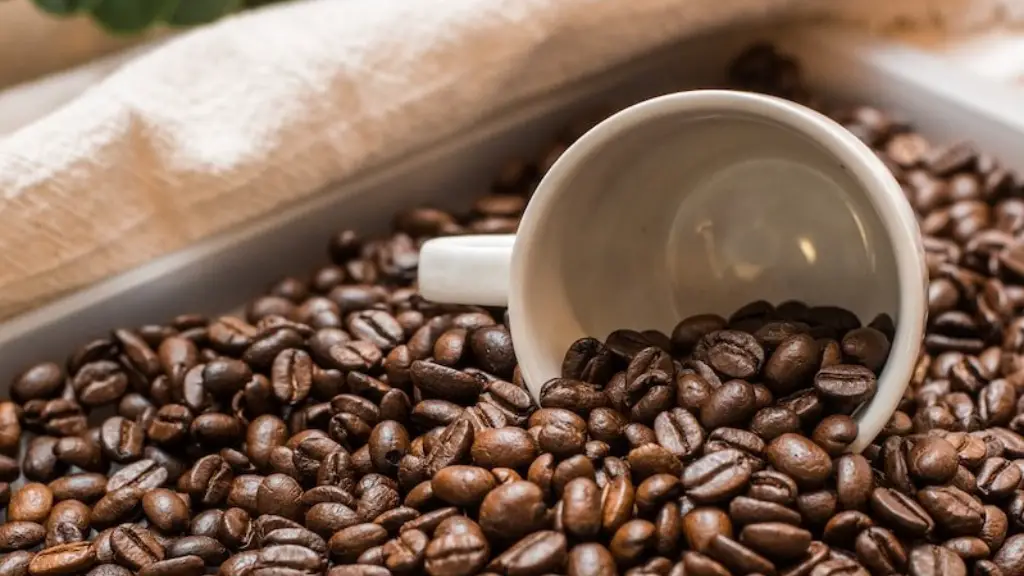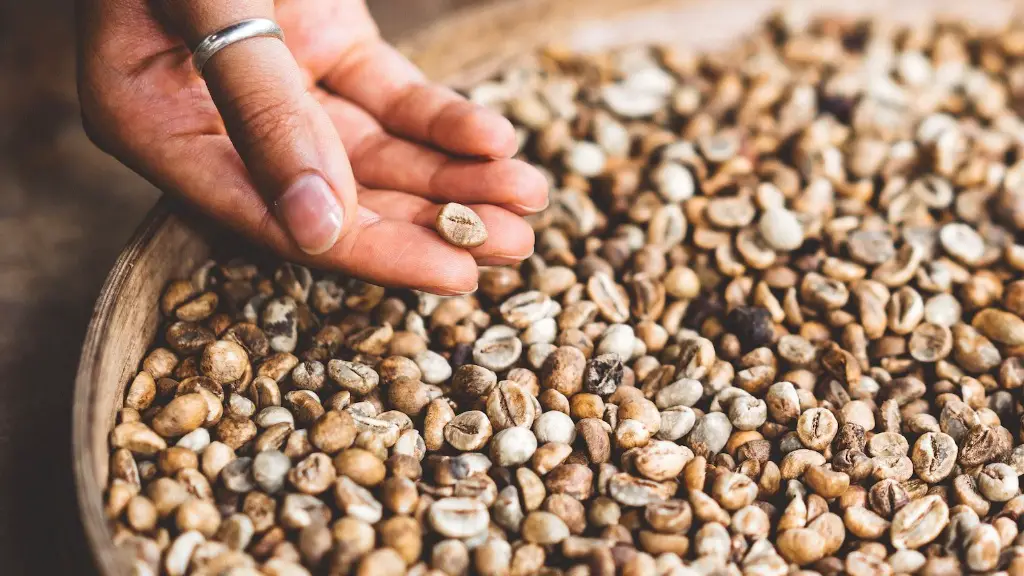Coffee is one of the most popular drinks in the world, and many people rely on its caffeine content to wake them up and keep them going throughout the day. But can you drink coffee when you have a cold?
When you’re feeling run down, and you have a cold, it can be tempting to reach for a cup of coffee to perk you up. But drinking coffee while you’re ill is a bad idea. Coffee is a diuretic and diuretics can often make cold symptoms worse. They can make you dehydrated, which is already a risk when you’re under the weather. Drinking coffee when you have a cold can make it difficult for your body to fight off infection, as it reduces your immune system’s effectiveness.
It is also important to be aware that coffee is acidic and acidic foods can irritate your stomach. If you have a cold, you are likely to have an upset stomach due to the virus. Coffee can make this worse, with caffeine irritating the lining of the stomach and causing nausea, indigestion and stomach pain.
Experts also warn that coffee can interfere with certain medications. If you need to take medication to treat your cold, drinking coffee can reduce its effectiveness. This is because some medications interact with caffeine, so it is important to check with your doctor if you’re taking cold medications before drinking coffee.
Another consideration is that coffee can increase your heart rate and make you feel jittery. This is likely to make you feel worse if you’re already feeling tired and lethargic due to having a cold. In addition, if you’re taking medication for a cold that can make you drowsy, the combination of coffee and medication can make you feel on edge.
So, the general advice is that it is best to avoid coffee when you have a cold. Instead, it is a good idea to drink plenty of fluids, such as herbal teas, water or juice, to help keep your body hydrated and to ease the symptoms of your cold. If you do want to indulge in a hot drink, warm lemon water is a tasty and hydrating option that won’t exacerbate your cold symptoms.
Caffeine Alternatives to Coffee When You Have a Cold
Even if you can’t drink coffee when you’re ill, there are several other caffeinated drinks to try. Green and black teas are both good options, as they contain lower levels of caffeine than coffee. Green tea also contains soothing anti-inflammatory and anti-emetic properties that can help to ease cold symptoms. Hot water with a few drops of lemon juice can also be an enjoyable, healthier and caffeine-free option.
If you’re looking for a more refreshing caffeinated beverage, sparkling waters that contain caffeine can be a light and hydrating alternative to coffee. There are also a number of energy drinks on the market that are designed to give you an energy boost. However, it is important to bear in mind that some of these drinks can contain large amounts of sugar and artificial sweeteners.
Finally, there are a variety of caffeine supplements available, such as caffeine pills, powders and energy chews. These are great options if you need a boost because you can choose the dosage of caffeine you consume. However, it is recommended that you consult your doctor before taking any of these supplements, especially if you are taking any medications.
Considering Your Symptoms When Deciding Whether to Drink Coffee with a Cold
If you decide to have a cup of coffee despite having a cold, then it is important to take into account your symptoms to stay safe. You should also be aware of how your body responds to caffeine, as this can help you decide if it is a good idea to drink coffee or not. Some signs to look out for are headaches, elevated heart rate, sleeplessness and anxiety.
If you experience any of these side effects after drinking coffee, it is best to avoid it while you have a cold and to opt for other caffeinated drinks or caffeine supplements instead. If you find yourself experiencing these symptoms regularly even when drinking coffee when you don’t have a cold, it is best to limit, or avoid altogether, your daily caffeine intake.
Long Term Effects of Drinking Coffee While Unwell
Despite the short-term effects of drinking coffee when you have a cold, like exacerbating dehydration, it is important to consider the potential long-term effects too. Consistently drinking coffee when you’re unwell can lead to the body becoming more inclined to illness and can make it more difficult for the body to regain balance when you’re ill.
It is essential to always evaluate your physical and emotional state before drinking coffee, and being aware of the potential effects of drinking coffee when unwell is an important step in taking care of your physical and mental health.
Positive Effects of Coffee When You Have a Cold
In spite of the potential risks associated with drinking coffee when you are unwell, there are some positive effects too. Research has found that coffee can reduce inflammation, which can in turn reduce cold symptoms. It is also believed that coffee can reduce the risk of developing a secondary infection, such as a bacterial infection, while your immune system is weakened by the virus.
Although the evidence is inconclusive, experts suggest that coffee can even stimulate a flagging immune system. Therefore, drinking coffee in moderation can be beneficial if you’re feeling under the weather.
When to Drink Coffee if You Have a Cold
When you have a cold, it is best to wait until your symptoms have begun to clear up before you drink coffee. The general rule is to avoid coffee when your symptoms are still present. If you feel your symptoms have lessened, then it is a good idea to check in with your body before drinking coffee and to assess how your body responds to it.
If your insomnia, headaches, or stomach pains become too uncomfortable, it is best to stop drinking coffee and shift your focus onto re-hydrating the body with liquids such as water, herbal teas and warm water with lemon.
Summary
In conclusion, it is advised that you avoid drinking coffee when you have a cold. This is because coffee is a diuretic which can make cold symptoms worse and because some cold medications react with caffeine. Instead, focus on staying hydrated with fluids, such as herbal teas, water and warm lemon water, and opt for lower-caffeine alternatives such as green tea and sparkling waters when you require a caffeine boost.
Coffee does have some potential beneficial effects when you have a cold, however it is important to be aware of the potential risks and to assess your physical and emotional state before drinking coffee. Additionally, it is advised that you wait until symptoms of your cold have decreased before drinking coffee.



